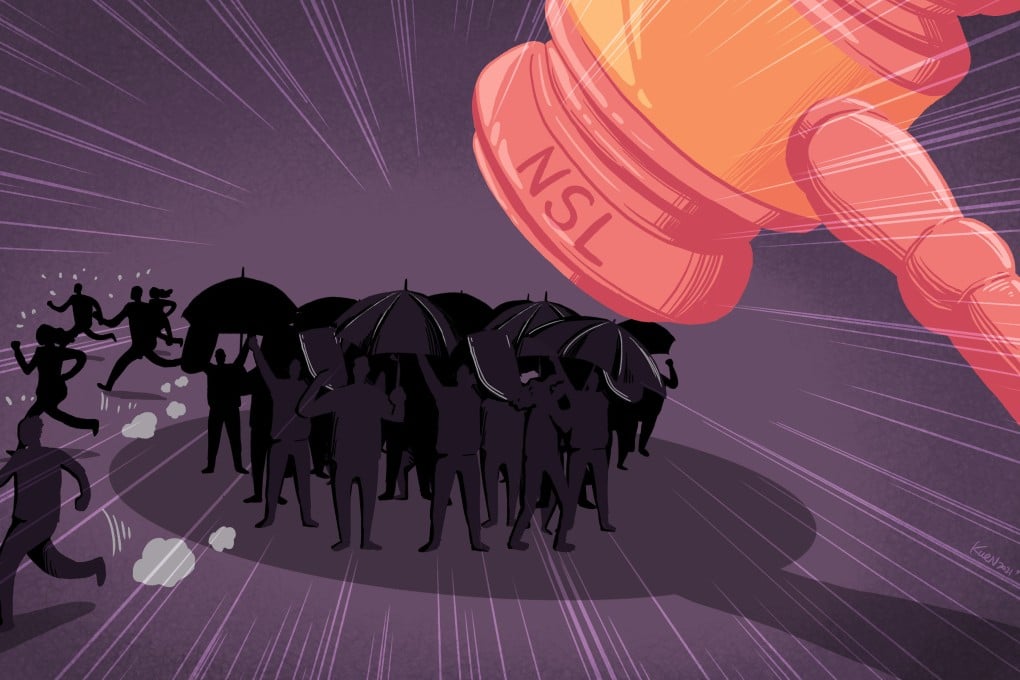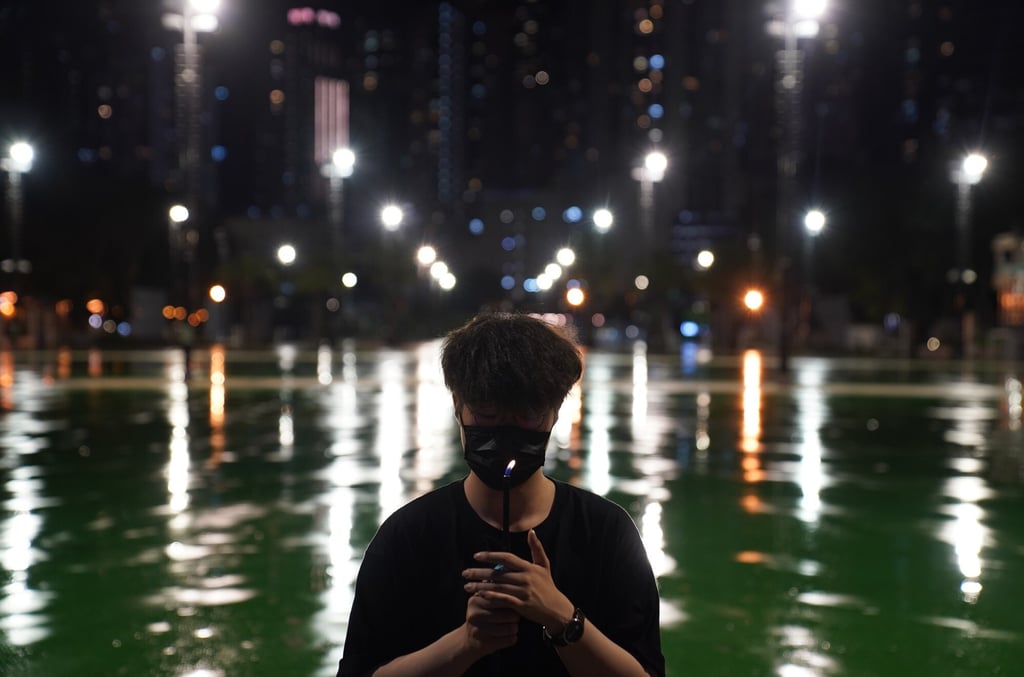2 years after mass protests rocked Hong Kong, will unrest return to city’s streets as Beijing tightens grip?
- While recent demonstrations have been scattered, opposition supporters still hold sliver of hope that their cause remains alive, waiting for the next trigger
- Observers say governance will become more difficult amid a shift to ‘politics of defiance’ in which residents find other ways to oppose authorities

It seemed like a lifetime ago that Jerry Yuen Tak-chi remembered meeting close friends and fellow Hong Kong opposition activists regularly over hotpot and beer, sharing their political ideals and frustrations or laughing over insider jokes.
The group included Lester Shum, Owen Chow Ka-shing, Fergus Leung Fong-wai and Joshua Wong Chi-fung, a fan of Gundam video games – based on the popular Japanese anime franchise – which they played incessantly.
His best buddy, Sunny Cheung Kwan-yang, fled the city for self-imposed exile after the new law came into force, banning acts of secession, subversion, terrorism and collusion with foreign forces, with a maximum penalty of life imprisonment. Cheung had been active in lobbying foreign support for sanctions against the Hong Kong authorities.
“I am usually fine when I am occupied during the day, but loneliness kicks in every night as I cannot help thinking of them,” said Yuen, a former Chinese University student leader now working as a research assistant at a tertiary institution.

The fate of his friends and the blow to Hong Kong’s pro-democracy movement as Beijing tightened its grip on the city has left him feeling a mix of grief and despair.